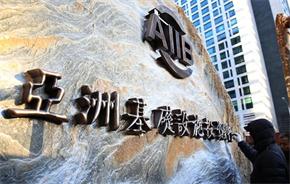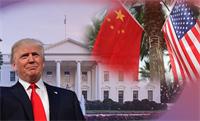Companies within Food Chains(II)
By Marcos Fava Neves (chinadaily.com.cn) Updated: 2013-03-22 15:17- Larger dealers increase difficulties for exclusive relationship and these may become less dependent from specific CPS companies;
- High control and exclusivity over channels maybe loosing effectiveness;
- CPS companies can benefit from fertilizer needs and work aligned with fertilizer companies to provide bundle and barter options, integrating value chain strategies;
- Dealers expansion in terms of new products and towards new regions are increasing channel conflicts;
- Some of the traditional relationship programs based on rebates for dealers and for farmers, built in a different environment, are being challenged;
- The growth of dealers, farmers and coops tend to affect more the pricing policies of CPS companies;
- The entrance of trading companies in the distribution channels of CPS companies also can increase bargaining power and the level of channel conflicts;
- Competition among channels and channel conflicts are increasing
- Shifts in the bargaining power with the empowerment of dealers, farmers and coops
- Increasing dependence on major distributors that will have complete solutions to the farmer;
- Challenges and opportunities to leverage business with different relationship approaches
- Cooperatives are being challenged by informed farmers and their boards to increase purchasing power (buy cheaper);
With all this set, what should be the major acts of these companies?
The author is professor of strategic planning and food chains at the School of Economics and Business, University of Sao Paulo, Brazil (www.favaneves.org) and international speaker. Author of 25 books published in 8 countries and in China, “The World on the Tongue”. In this article want to thank Matheus Consoli for the contributions and also Markestrat team.


The year 2016 marks my second time saying farewell to full-time motherhood and back to "normal".










